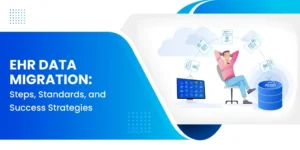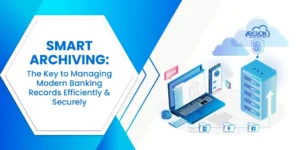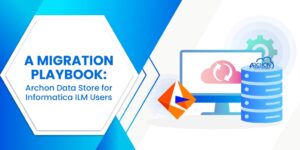
To show it is possible, Amazon has shed the final remnants of its increasingly bitter rival’s technology by moving 75 petabytes to native AWS database services. Based on the article “Amazon Reports ‘Migration Complete’ In Oracle Database Purge” dated October 15, 2019 it is official.
We here at Platform 3 Solutions find this compelling as it confirms what the marketplace is telling us – like the ‘grand mainframe migration’ to open systems in the 1990s (all driven by lower cost and greater agility) here in the next 3-5 years the move to cloud services will leave repository vendors like Oracle behind.
In our previous blog titled “Migration and Retirement of Oracle is in full tilt” the reasons why this is happening are clear. We have heard from clients their intent to reduce (or remove) their Oracle footprint. Why? Let us count the ways:
- CLOUD: Oracle is not a cloud company and the world is moving to cloud solutions and platforms like Google, AWS and Microsoft Azure.
- SOLUTIONS: The acquired solutions in Oracle – Peoplesoft, JD Edwards, Siebel, etc – are not evolving or cloud centric.
- SOFTWARE AUDITS: Oracle software audits are more frequent, more painful and are likely to cause business disruptions. This issue is so prolific, Gartner recently published an article titled “How to Minimize the Risk or Oracle Audits and Reduce Cost Exposure“.
- MONEY: The yearly maintenance check to Oracle is bringing less and less value.
- QUALITY: The quality of the sales, support and service from Oracle has been consistently decreasing.
- FLEXIBILITY: Businesses are striving for greater flexibility from their technology, people and vendors, where Oracle does not make this possible.
Is it your turn to incorporate a move from Oracle in your 2020 planning? Consider how much data in your old systems is only there for compliance and governance reasons. It takes a balanced approach of migration, archival and deletion to properly handle data. Give us 15 minutes and we can show you how this journey can begin.

Platform 3 Solutions is a global leader in end-to-end legacy application migration and retirement solutions. Platform 3 empowers secure and seamless transitions of data and applications, eliminates technology debt, and delivers the ROI to invest in technology modernization.



